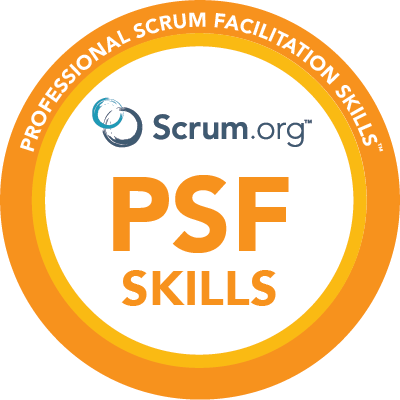Difficult Situation Handling for Facilitators
“Good facilitators stay calm. Great facilitators are prepared.”
🚦 1. Handling Dominating Participants
- Use structured turn-taking methods (e.g., “round robin” or “1-2-4-All”)
- Acknowledge contributions but redirect (“Thanks, let’s hear from someone who hasn’t spoken yet.”)
- Set or re-affirm ground rules for equal voice
- Offer a time-boxed moment (“Let’s keep this to 1 minute so others can join in.”)
🤐 2. Silent or Disengaged Participants
- Use individual reflection or writing activities before group sharing
- Ask direct but safe questions (e.g., “Priya, I’m curious how this resonates with you?”)
- Create small breakout groups for safety
- Switch up activity format to re-energize (polls, voting, movement)
🧨 3. Defusing Conflict or Tension
- Stay neutral and calm—acknowledge tension without judgment
- Use “bridge” statements (“Sounds like we have multiple strong perspectives. Let’s explore both.”)
- Reflect back what you’re hearing neutrally
- Use time-outs or breaks if emotions run high
- Reground the group in shared goals and working agreements
❌ 4. Managing Off-Topic or Derailing Conversations
- Use a Parking Lot or “Later List” for unrelated but important ideas
- Gently redirect: “That’s a great point—let’s park it and come back if time permits.”
- Reinforce the goal and time-box (“Let’s stay with this topic for the next 5 minutes.”)
- Use visual tools like Kanban boards to keep focus
🧍 5. Handling Power Dynamics or Hierarchies
- Design formats that equalize input (anonymous voting, sticky notes, breakout rooms)
- Invite contributions from different levels explicitly (“I’d love to hear from someone in delivery...”)
- Use pre-surveys or async tools to collect honest feedback anonymously
- Call in senior leaders ahead of time to align on inclusivity expectations
🧱 6. When There’s No Agreement or Stalemate
- Normalize disagreement (“This is part of the process!”)
- Shift to visual methods (dot voting, decision matrix, Pros/Cons board)
- Ask for a “good enough for now” decision
- Use “Fist to Five” or other facilitative consensus tools
- Propose small experiments instead of full solutions
📵 7. Tech Failure During Virtual Sessions
- Co-host has backup slide deck and facilitation script
- Use phone hotspot or alternate device to reconnect
- Have pre-written instructions to drop in chat if a tool fails
- Switch to simpler formats (Google Docs instead of Miro)
- Communicate clearly and confidently (“Here’s what we’re going to do next...”)
😓 8. If You Lose the Room (Energy, Focus, Engagement)
- Call a quick stretch break or energizer activity
- Ask a powerful question to reconnect the group to purpose
- Acknowledge the lull (“Looks like we’re hitting a wall—let’s take 5.”)
- Offer choices (“Would it help to switch gears or push through?”)
- Use humor or personal story to rehumanize the space
🤖 9. Let AI Support You
- Use AI transcription (e.g. Fireflies, Otter) to help recall or clarify conversations
- Ask ChatGPT for neutral summary of diverging points mid-session
- Use AI-generated prompts to reframe conversations (“What might we be missing?”)
- Run sentiment analysis post-meeting to spot tension trends
🧘♂️ 10. Facilitator’s Inner Checklist (In Any Situation)
- Am I listening with curiosity, not judgment?
- Am I modeling calm, neutral behavior?
- Am I here to help the group—not fix or decide for them?
- Am I being inclusive, respectful, and purposeful?

Enhance Your Facilitation Skills with PSFS
Unlock the power of effective facilitation. Our Professional Scrum Facilitation Skills (PSFS) course provides you with the techniques and knowledge to guide Scrum teams and stakeholders towards achieving their goals. Learn practical strategies to foster collaboration, navigate challenges, and create engaging and productive sessions.
Learn More

